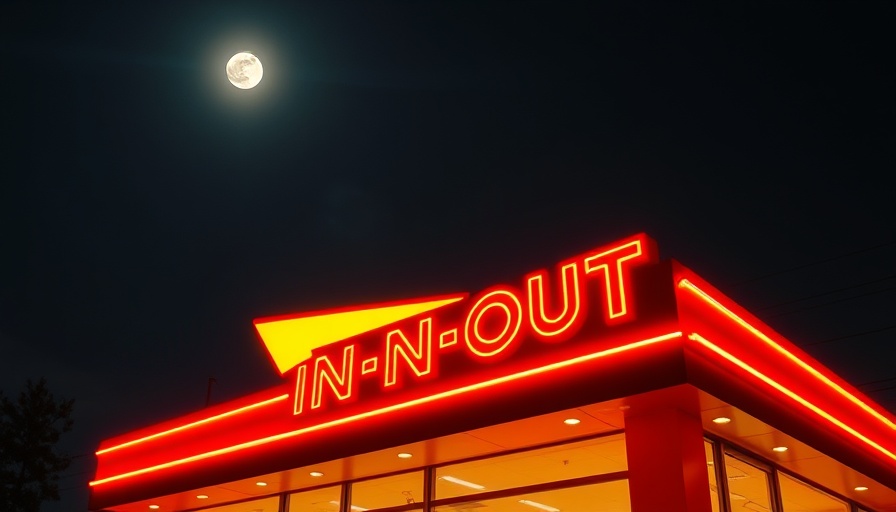
The Roots of A Discriminatory Policy: A Closer Look
Elijah Obeng's lawsuit against In-N-Out Burger not only highlights alleged workplace discrimination but also questions the broader implications of grooming policies in corporate America. Obeng's experiences, stemming from his cultural identity, resonate deeply with many who have faced similar situations, where personal expression intersects with corporate standards.
Understanding Personal Identity in Professional Spaces
For many, hair is more than just style; it's an expression of identity and culture. This case serves as a vivid reminder that workplaces must consider the diverse backgrounds of their employees. The emotional toll resulting from directives that feel demeaning can lead to significant distress, raising ethical questions about existing corporate policies.
Disproportionate Treatment or Standard Protocol?
The suit claims that after Obeng resisted removing his sideburns—a significant part of his cultural identity—he experienced marked disparities in treatment. For many observers, this raises a vital question: do grooming standards often serve as tools for discrimination, or are they meant to maintain uniformity? Disentangling this very issue requires a deeper exploration of how policies materialize and their impacts on marginalized groups.
The Legal Landscape: What This Case Could Mean
Obeng is not alone; there have been several high-profile cases concerning hair discrimination that have prompted discussions about legislative change. California law prohibits discrimination based on ethnic hairstyle, recognizing that hair is often an extension of cultural heritage. If Obeng's case succeeds, it could set a precedent that motivates other businesses to reevaluate or amend their grooming standards.
The Psychological Impact of Discrimination
The lawsuit mentions emotional distress, painting a stark picture of what such an experience can lead to. Employees subjected to discriminatory practices often carry the weight of humiliation and alienation. Companies need to understand that beyond the legal ramifications, psychological well-being and employee morale are at stake.
Industry Trends: Equal Representation in the Workplace
This case comes at a pivotal moment when numerous companies are beginning to embrace diversity and inclusion initiatives. Understanding the implications of this lawsuit may shape corporate America’s approach to personal expression, grooming policies, and inclusivity moving forward.
Taking a Stand: What Other Employees Can Learn
Obeng's courage to stand up against perceived discriminatory practices is commendable and informative for others who feel marginalized in their work environments. This case serves as a rallying point to advocate for change—a reminder that employees have a voice and can push back against unfair policies.
What’s Next for Obeng and In-N-Out?
As the case progresses through the court system, many will be looking closely at In-N-Out's responses and the potential impacts on similar cases around the country. For now, employees and onlookers alike are left to contemplate the profound implications of individual identity within corporate frameworks.
As the conversation surrounding workplace discrimination deepens, this case can serve as a critical learning point for both employers and employees. Stay tuned as more unfolds in this pivotal legal battle that could redefine norms in the fast-food industry and beyond.
 Add Row
Add Row  Add
Add 



Write A Comment